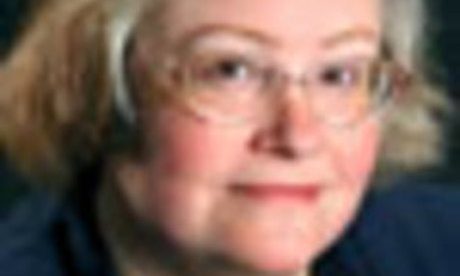Pope Francis has changed Catholic Canon law – and met with some intense reactions.
At stake here is the language used for the Mass and the question of who has the responsibility for translating the Catholic liturgy into regional languages.
So why should this issue be so very controversial in the 21st century?
Early history
As a specialist in liturgical studies, I can say that, until the end of the 10th century, local bishops indeed made their own decisions about liturgical practices in their areas.
In the second century, for example, some Christian communities celebrated Easter on the actual date of Passover, while others observed it on the Sunday following that date.
A final decision on a uniform date for Easter was not made until after the legalization of Christianity (A.D. 313) by the Roman Emperor Constantine.
Even saints were regional. The first martyrs, venerated by Christians because they died rather than give up their faith, were recognized as saints in their regional Christian churches.
Only later did they become part of the wider groups of holy men and women recognized as saints.
For example, two young women, Perpetua and Felicitas, martyred in the third century, were initially recognized as saints in Carthage in the Roman province of Africa.
Later, their names were included in the Roman prayer over the bread and wine at the celebration of the Eucharist (Mass).
As that prayer spread throughout Western Europe, their names went with it, and today they remain part of one Catholic Eucharistic prayer.
At the time, regional bishops controlled services to venerate the saints. The story of Monica, mother of a future bishop (St. Augustine) and commemorated herself as a saint, reveals the control of local bishops over customs in their areas.
Monica, following North African custom, brought a food offering to a saint’s shrine in Italy, but she humbly obeyed after she was told by the local bishop – St. Ambrose of Milan – that the practice was forbidden in northern Italy. Continue reading
- Joanne Pierce is a professor in the Department of Religious Studies, College of the Holy Cross, Worcester, Mass., USA
News category: Analysis and Comment.




